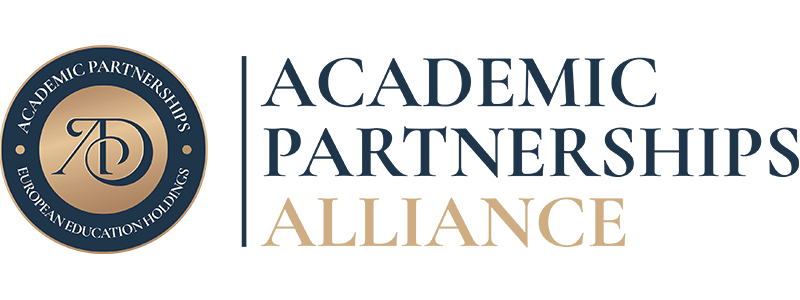The world of education is ever-changing, and as educators, it’s our responsibility to adapt and grow with it. Professional development is the process of acquiring new knowledge and skills that can help us become better teachers, administrators, or support staff. It not only benefits us as individuals but also has a positive impact on our students’ learning experiences and our school as a whole.
Professional development is a lifelong pursuit, and there’s always something new to learn or a skill to hone. The more we invest in ourselves as educators, the better equipped we are to provide a high-quality education to our students. Additionally, professional development for teachers can also lead to increased job satisfaction, personal growth, and career advancement.
Defining Professional Development: What is Professional Development for Teachers?
So, what is professional development for teachers? It refers to the ongoing process of enhancing and expanding educators’ knowledge and skills to improve their teaching practices and, ultimately, student outcomes. It can take many forms, such as attending workshops, conferences, or seminars, enrolling in courses, participating in collaborative learning communities, or engaging in self-directed learning activities.
Professional development is not a one-time event or a checklist to complete. It’s an ongoing commitment to learning and growth that requires time, effort, and dedication. The goal is not only to stay current with the latest research and best practices in education but also to develop new skills, deepen understanding, and foster a culture of continuous improvement within our schools.
The Importance of Professional Development in Education
Professional development plays a crucial role in ensuring that educators are well-equipped to meet the diverse needs of their students and adapt to the rapidly changing educational landscape.
Professional development helps educators stay current with research-based best practices, which can lead to improved teaching strategies and, ultimately, better student outcomes. It also allows teachers to develop a deeper understanding of their subject matter, leading to more engaging and effective lessons.
Besides, professional development fosters a culture of collaboration and shared learning among educators. When teachers come together to learn from each other and share ideas, they can develop innovative solutions to common challenges and create a more supportive and inclusive learning environment for their students.
This can lead to increased job satisfaction, personal growth, and career advancement for educators. By continuously honing their skills and expertise, teachers can feel more confident in their abilities and take pride in their work, which can contribute to a more positive and productive work environment.
Types of Professional Development for Educators
There are several types of professional development for teachers, each with its unique benefits and challenges. Some common types include:
Workshops, conferences, and seminars
These events provide opportunities for educators to learn from experts in their field, network with colleagues, and gain new insights and ideas. They often cover a wide range of topics, from teaching strategies and classroom management to educational technology and curriculum development.
Courses and degree programs
Many educators choose to further their education by enrolling in courses or pursuing advanced degrees. These programs can help deepen subject matter knowledge, develop new skills, and open doors to career advancement opportunities.
Collaborative learning communities
Also known as professional learning communities or PLCs, these groups of educators come together regularly to discuss challenges, share ideas, and learn from each other. PLCs can help foster a supportive and collaborative culture within a school, leading to improved teaching practices and student outcomes.
Mentoring and coaching
Experienced educators can provide valuable guidance, support, and feedback to their colleagues through mentoring or coaching relationships. This type of professional development can be highly personalized and focused on the specific needs and goals of the individual teacher.
Self-directed learning
Educators can take charge of their professional development by engaging in self-directed learning activities, such as reading books or articles, participating in online forums or webinars, or reflecting on their teaching practices.
The Impact of Professional Development on Teaching and Learning
Effective professional development for teachers can have a significant impact on teaching and learning in several ways:
Improved teaching strategies
By staying current with research-based best practices, educators can implement more effective teaching strategies in their classrooms, leading to increased student engagement, understanding, and achievement.
Increased subject matter knowledge
A deeper understanding of the subject matter can help educators design more engaging and effective lessons, leading to better student outcomes.
Enhanced use of educational technology
Professional development can help educators stay up-to-date with the latest educational technologies, which can be used to personalize learning, support student collaboration, and enhance overall learning experiences.
Increased collaboration among educators
As mentioned earlier, professional development fosters a culture of collaboration and shared learning among educators. This collaborative environment can lead to the development of innovative solutions to common challenges and a more supportive and inclusive learning environment for students.
Benefits of Professional Development for Faculty and Staff
This is especially true for educational institutions where faculty and staff are responsible for shaping the minds of the next generation. Ongoing professional development provides educators with the skills and knowledge they need to keep up with the latest trends and best practices in teaching, learning, and research. In addition, professional development offers numerous benefits for faculty and staff:
Increased job satisfaction
By continuously improving their skills and expertise, educators can feel more confident in their abilities and take pride in their work. This can lead to increased job satisfaction and a more positive work environment.
Personal growth
Professional development is an opportunity for educators to challenge themselves, learn new things, and grow as individuals. This personal growth can have a positive impact on their overall well-being and sense of fulfillment.
Career advancement
For many educators, professional development is a pathway to career advancement opportunities, such as leadership roles or specialized positions within their schools or districts.
Improved school culture
A school-wide commitment to professional development can help create a culture of continuous improvement and support, leading to a more positive and productive work environment for all faculty and staff.
Resources for Professional Development in Education
There are many resources available to educators seeking professional development opportunities. Some popular options include:
Professional organizations
Many subject-specific and general education organizations offer workshops, conferences, and other professional development opportunities for educators.
Online courses and webinars
Numerous online platforms offer free or low-cost courses and webinars on a wide range of educational topics.
Educational blogs and podcasts
Educators can find valuable insights, ideas, and inspiration from blogs, podcasts, and social media accounts that focus on education and teaching.
Books and articles
Reading books and articles on education and teaching can help educators stay current with research-based best practices and deepen their understanding of their subject matter.
Local workshops and events
Many schools and districts offer professional development workshops and events for their faculty and staff. Additionally, local universities and community organizations may provide relevant professional development opportunities.
Conclusion
Professional development is essential for educators to stay current with research-based best practices, develop new skills, and deepen their understanding of their subject matter. It not only benefits the individual educator but also has a significant impact on teaching and learning, leading to better student outcomes and a more positive work environment. By investing in professional development for teachers, we can unlock the potential of our faculty and staff and create a brighter future for our students and schools.
Source: European Education Holdings – Academic Partnership Alliance


